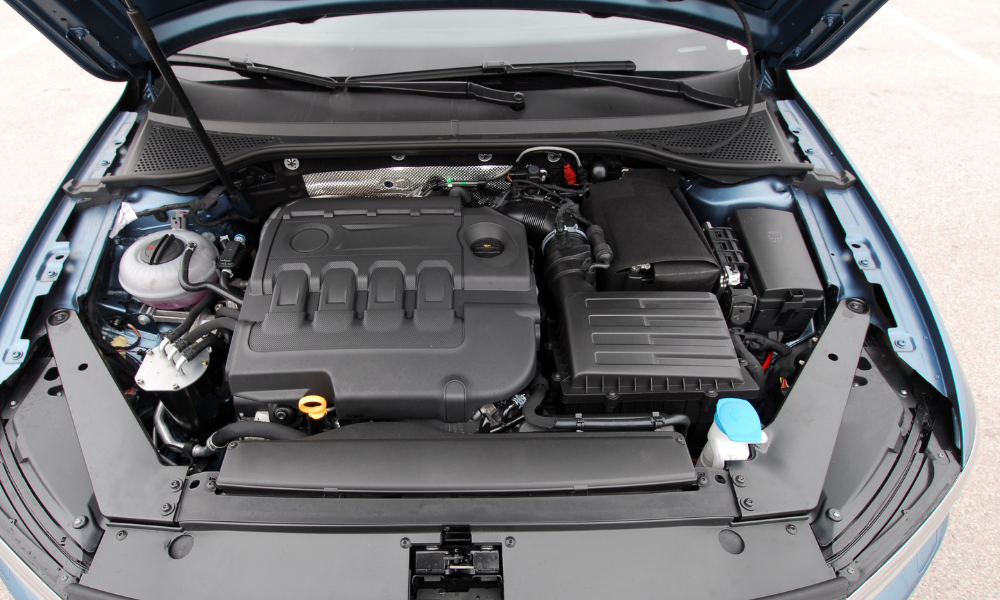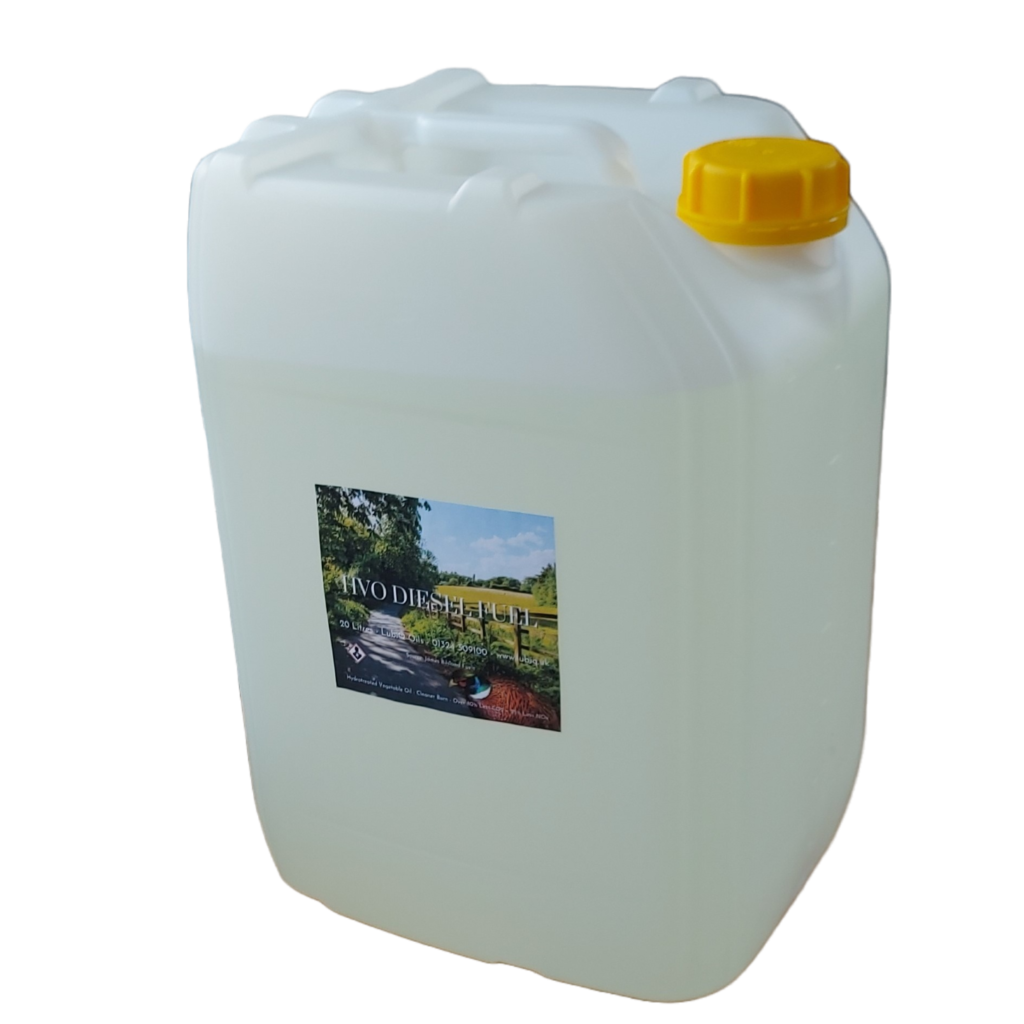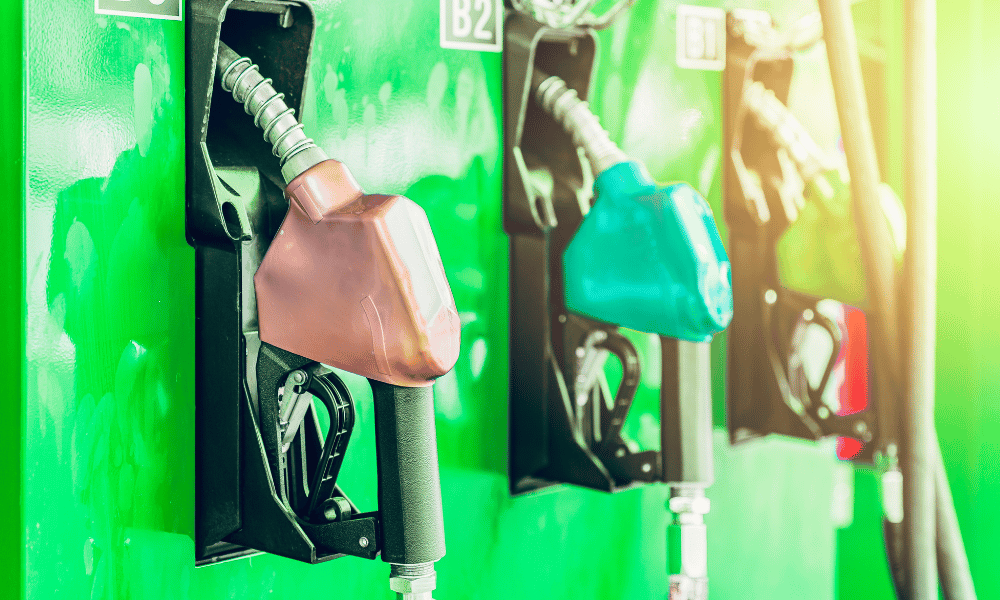When faced with the question of how to fix emission test failure with diesel vehicles you can use a polyether amine detergent fuel additive, have the DPF cleaned or just use HVO fuel instead of normal fossil diesel.

Normal diesel fuel is derived by thermo-cracking and refining of crude oil whereas fossil-free hydrotreated vegetable oil fuel is made from 100% waste cooking oil and fats.
Being a synthetic fuel, HVO burns far cleaner than normal diesel yielding between 40% and 80% less particulate matter air pollution and has a higher cetane number for improved combustion. Thus, this low emissions fossil-free fuel sorts the test failure at source – in the cylinders relieving the exhaust treatment and reducing the use of AdBlue.
Increasingly, HVO is being made in the UK now at sites that used to be 100% conventional refineries.
Order your HVO diesel fuel from this link.
The net green house gas emissions from burning HVO are reduced by up to 90% without any need to alter fuel tanks or engine. This rewable diesel does not suffer from the tendency of FAME biodiesel to grow algae if it is stored for a long time; in fact, you can store it for upto 10 years.

Use it easily in cold weather down to minus 25 degrees Celsius; there are also some exciting developments with similar fuels for aircraft. In the context of road vehicles, HVO also reduces usage of AdBlue by up to 20%.

If you are wondering how to fix emission test failure with your car or van engine then HVO in UN approved jerrycans from LubiQ Fuels is a simple answer.
Your engine, fuel tank, pump, and injectors need no modifications at all, the fuel is 100% renewable, burns exceptionally well, and can be mixed with normal diesel.
Contact us to discuss your needs further on oil@lubiq.uk – you can see how cleanly HVO burns in this video:
